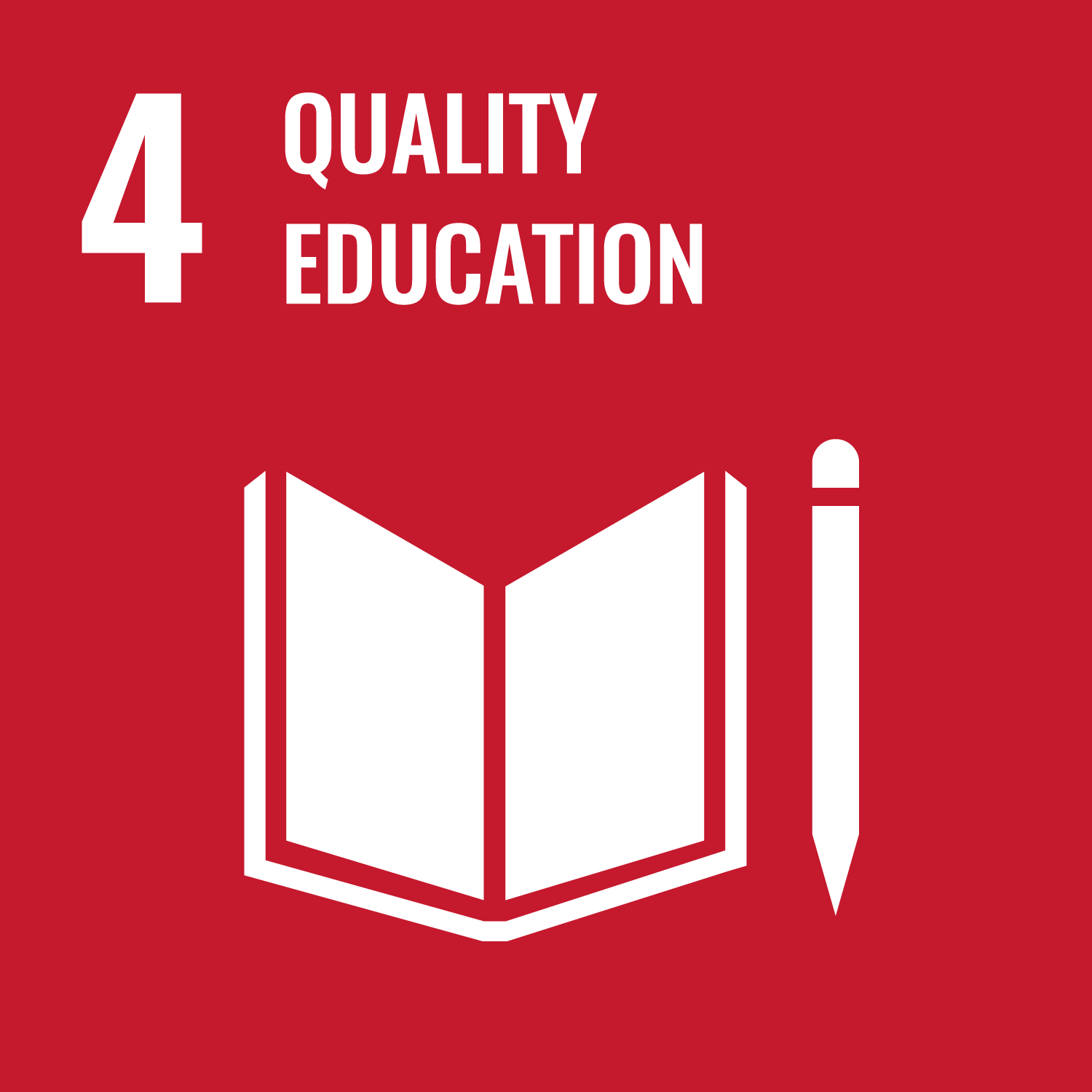ORCID
- Victoria Bamsey: 0000-0002-3339-1496
- Suanne Gibson: 0000-0002-1717-7924
Abstract
Home education is a phenomenon that has been increasing globally over the past decade, particularly for families of children with special educational needs or disabilities. The impact of the COVID-19 pandemic has exacerbated this phenomenon with many families continuing to home educate even after their children can officially return to school. This paper reports on a small-scale design-based research project that explored the needs of families who are home educating children with autistic spectrum disorder (ASD). Working in partnership with educational settings, practitioners, and families during the second year of the pandemic, academic researchers in Malaysia and England designed, implemented and evaluated a home learning pack for children with ASD aged 6–12 years old. The findings emphasised the role of economic, social and cultural capital for the families involved and how this impacted their ability to work and educate their children successfully. This raises crucial questions in relation to the place of home education within the wider international inclusive education debate and matters of social equality whilst also highlighting key questions for future research in this field on how policy and provision might develop to meet a growing diversity of need.
DOI Link
Publication Date
2023-06-10
Publication Title
Education Sciences
Volume
13
Issue
6
Acceptance Date
2023-06-07
Deposit Date
2023-06-15
Embargo Period
2023-06-16
Recommended Citation
Bamsey, V., Gibson, S., Lee, Y., & Nijhu, T. (2023) 'New Developments and Emergent Challenges in International Inclusive Education—A Response to Growing Family Needs and the Pandemic', Education Sciences, 13(6). Available at: 10.3390/educsci13060592



